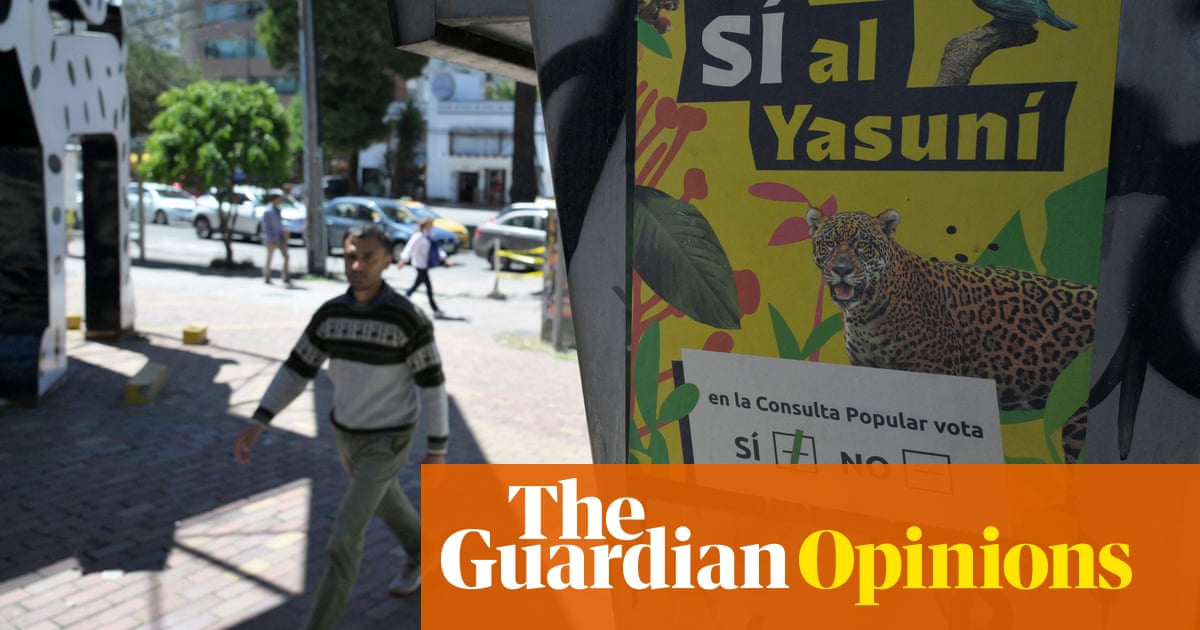
In May, at the opening of parliament, the Queen finally announced that her government would bring forward legislation to ban the damaging practice of “conversion therapy”. These practices cause untold harm to millions of LGBT+ people around the world, leading many to believe the only way to deal with their psychological trauma and shame is to take their lives.
These practices, motivated by a misguided belief that being gay or transgender is wrong, are degrading and psychologically damaging, and constitute a serious violation of the basic human rights of LGBT+ people under international law. Indeed, in some cases it can even amount to torture. A proper reading of international law requires states to take measures to protect LGBT+ people – so this legislation is long overdue.
The government is undoubtedly under pressure from some religious institutions to severely limit such a ban, on the fallacious grounds that it would interfere with religious freedom. Consequently, a group of lawyers, campaigners and parliamentarians have co-authored the Cooper report, in memory of our dear friend and human rights champion Jonathan Cooper OBE, who died while bringing us all together to work on a framework for this legislation. It sets out how law can best be framed to ensure that we end these practices in Britain. Research shows they are still being carried out in a variety of medical, religious and cultural settings around the UK.
Many have questioned whether it is possible to agree a clear definition of so-called conversion therapy. We recommend that it is simply referred to as “any practice that seeks to suppress, ‘cure’ or change a person’s sexual orientation or gender identity”. This then captures both the practices of those who are intent on trying to “heal” people to make them “normal” as well as those so-called therapies whose purpose is to suppress or hide a person’s innate sexual or gender identity. This is tragically demonstrated in the powerful film Boy Erased, where a religious minister tries to “heal” young gay men through prayer while also endeavouring to teach them to act in more “manly” ways, so as to conform to accepted patriarchal norms in their community.
To combat this, we recommend the government consider a two-pronged approach, utilising both the criminal and civil law. We see criminalisation as essential when dealing with human rights abuses, as this draws a clear line as to what acts will and will not be tolerated in a civilised society. This should sit alongside new civil law measures, such as protection orders, which will help provide immediate support to those most at risk – such as LGBT+ children or vulnerable LGBT+ adults. This will ensure that perpetrators are left in no doubt that, if they continue their harmful practices, they will face the full force of the law. At the same time, victims will be reassured that the state is there to protect them if they are able to reach out and call for help.
A raft of other measures is needed to help ensure we can bring these practices finally to an end – such as whistleblowing mechanisms and bans on the promotion, advertising or advocating of conversion practices. Critically, we must also consider educational programmes targeting religious and cultural communities, to help them understand the harm caused by these abusive practices, and how they feed into a culture that undermines the safety of the whole LGBT+ community.
The panel heard too many testimonies of the harm and shame suffered by those who have been subjected to hours of prayer and other spiritual practices to know that we must ensure that all forms of conversion practices are criminalised. The most common forms of conversion practices in Britain are in religious and cultural settings, making it imperative that the ban includes these practices.
We therefore recommend legislation that criminalises specific types of condemnatory prayer, including exorcisms, that attempt to suppress, “cure” or change sexual orientation or gender identity. This will then stop LGBT+ people being prayed for at “ex-gay” conferences, such as shown in the Netflix drama Pray Away, or in one-to-one “ministry sessions”.
However, it would rightly permit any prayer that seeks to help a person come to terms with who they are. It would also permit people to preach to their congregations on these sensitive topics in an inclusive way. The report’s approach is welcomed by the UN special rapporteur for freedom of religion or belief as it provides limited restrictions on the right to manifest one’s religion that are necessary, justified and proportionate.
Finally, it is our view that it is not possible for an individual to consent to any form of conversion practices, given the significant levels of coercion involved. Many survivors have testified how they actively sought out and “consented” to conversion practices but then experienced severe, long-term psychological trauma as a result.
The government should be urged to implement legislation without delay. We question why yet further consultation is needed – too many lives have already been affected by this form of abuse and countless more are still at risk. What is needed is action that utilises the full breadth of the law and leaves no loophole open for perpetrators to continue abusing the human rights of others.
Baroness Helena Kennedy QC is chair of the International Bar Association’s Human Rights Institute












